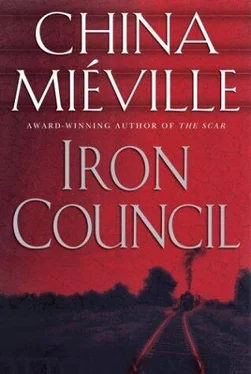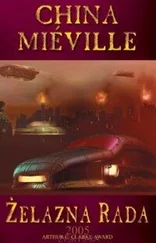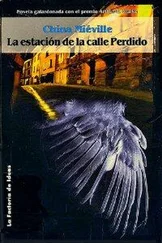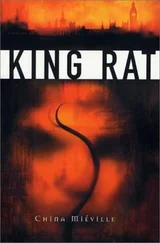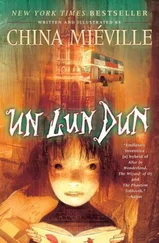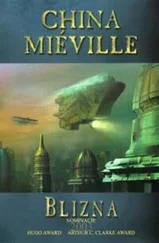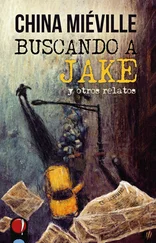China Miéville - Iron Council
Здесь есть возможность читать онлайн «China Miéville - Iron Council» весь текст электронной книги совершенно бесплатно (целиком полную версию без сокращений). В некоторых случаях можно слушать аудио, скачать через торрент в формате fb2 и присутствует краткое содержание. Жанр: Фантастика и фэнтези, на английском языке. Описание произведения, (предисловие) а так же отзывы посетителей доступны на портале библиотеки ЛибКат.
- Название:Iron Council
- Автор:
- Жанр:
- Год:неизвестен
- ISBN:нет данных
- Рейтинг книги:3 / 5. Голосов: 1
-
Избранное:Добавить в избранное
- Отзывы:
-
Ваша оценка:
Iron Council: краткое содержание, описание и аннотация
Предлагаем к чтению аннотацию, описание, краткое содержание или предисловие (зависит от того, что написал сам автор книги «Iron Council»). Если вы не нашли необходимую информацию о книге — напишите в комментариях, мы постараемся отыскать её.
China Miéville's novel Iron Council is the tumultuous story of the "Perpetual Train." Born from monopolists' greed and dispatched to tame the western lands beyond New Crobuzon, the train is itself the beginnings of an Iron Council formed in the fire of frontier revolt against the railroad's masters. From the wilderness, the legend of Iron Council becomes the spark uniting the oppressed and brings barricades to the streets of faraway New Crobuzon. The sprawling tale is told through the past-and-present eyes of three characters. The first is Cutter, a heartsick subversive who follows his lover, the messianic Judah Low, on a quest to return to the Iron Council hidden in the western wilds. The second is Judah himself, an erstwhile railroad scout who has become the iconic golem-wielding hero of Iron Council's uprising at the end of the tracks. And the third is Ori, a young revolutionary on the streets of New Crobuzon, whose anger leads him into a militant wing of the underground, plotting anarchy and mayhem.
Miéville (The Scar, Perdido Street Station) weaves his epic out of familiar and heavily political themes-imperialism, fascism, conquest, and Marxism-all seen through a darkly cast funhouse mirror wherein even language is distorted and made beautifully grotesque. Improbably evoking Jack London and Victor Hugo, Iron Council is a twisted frontier fable cleverly combined with a powerful parable of Marxist revolution that continues Miéville's macabre remaking of the fantasy genre. -Jeremy Pugh -This text refers to an out of print or unavailable edition of this title.
From Publishers Weekly
In this stunning new novel set mainly in the decadent and magical city of New Crobuzon, British author Miéville (The Scar) charts the course of a proletarian revolution like no other. The capitalists of New Crobuzon are pushing hard. More and more people are being arrested on petty charges and "Remade" into monstrous slaves, some half animal, others half machine. Uniformed militia are patrolling the streets and watching the city from their dirigibles. They turn a blind eye when racists stage pogroms in neighborhoods inhabited by non-humans. An overseas war is going badly, and horrific, seemingly meaningless terrorist acts occur with increasing frequency. Radical groups are springing up across the city. The spark that will ignite the revolution, however, is the Perpetual Train. Workers building the first transcontinental railroad, badly mistreated by their overseers, have literally stolen a train, laying track into the wild back-country west of the great city, tearing up track behind them, fighting off the militia sent to arrest them, even daring to enter the catotopic zone, that transdimensional continental scar where anything is possible. Full of warped and memorable characters, this violent and intensely political novel smoothly combines elements of fantasy, science fiction, horror, even the western. Miéville represents much of what is new and good in contemporary dark fantasy, and his work is must reading for devotees of that genre. FYI: Miéville has won Arthur C. Clarke, British Science Fiction and British Fantasy awards.
